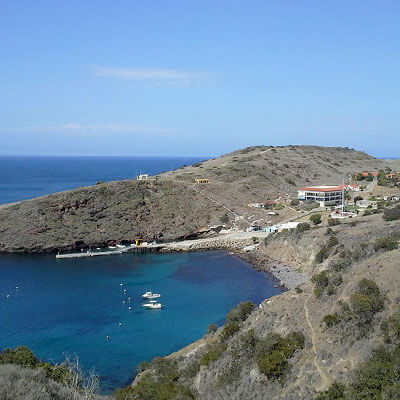Collaboration is Key: Q&A with Professor Steven Fleming, Ph.D.
This is a segment of our multi-part series honoring the active service members and veterans who have taken or who teach USC’s Geographic Information Science and Technology graduate programs by allowing them to share some of their most memorable experiences.
For today’s article, we talked with COL [R] Steven D. Fleming, Ph.D., a professor of the practice of spatial sciences at USC and retired colonel in the U.S. Army. Fleming serves as lead faculty of USC’s M.S. in Human Security and Geospatial Intelligence as well as the Graduate Certificate in Geospatial Intelligence. He has extensive command and staff experience as well as operational combat experience, having deployed twice in support of Operation Enduring Freedom.
To read the other articles in this series, click the following links:
- Q&A with former Air National Guard Geospatial Analyst Adrianna Valenti
- Q&A with former Air Force Officer Andrew Marx, Ph.D.
- Q&A with U.S. Navy Pilot Kyle Weaver
- Q&A with U.S. Marine Corps Police Sergeant Devlin Howieson
Request Brochure
Fill out the information below to learn more about the University of Southern California’s GIS Graduate Programs and download a free brochure. If you have any additional questions, please call 213-325-2474 to speak to an enrollment specialist.
1. How did you get involved with geospatial work in the military?
I worked in the GEOINT field as a professor at the United States Military Academy (West Point, NY) for about 10 years prior to joining USC. In addition to my work with USMA, I used GEOINT techniques and technologies on multiple deployments to Afghanistan in support of Operation Enduring Freedom.
2. How do you envision the future of GEOINT? How do you think the USC program can help position students for that future?
The future of GEOINT is increasingly computational, analytical, and visual. This mandates good dialogue between developers and users, so that all sources of disparate information are properly integrated and that software actively supports users. Our program at the Spatial Sciences Institute addresses these challenges by producing leaders and managers within teams who can form interagency working groups, and GEOINT users who are adept problem solvers.
3. Why did you choose to teach in the USC GIST program?
I chose to join the GIST team here because, parallel to SSI’s work, USC is a leader in addressing wicked problems (e.g., human security). One part of the solution to problems like human security is to create the next generation of GEOINT leaders. The administration, GIST programs and SSI vision are focused on producing quality graduates to answer this calling. Furthermore, the faculty are assembled to leverage multidisciplinary expertise and leadership across the GEOINT field.
4. What has been one of your favorite GEOINT projects to work on, either with students in USC’s graduate programs or in your career?
I’m immensely proud that we currently have students working with the Intelligence Community (IC), the DoD support agencies, the USC Institute for Creative Technologies, and with non-profit organizations such as Human Rights Watch and Physicians for Human Rights. Our students are energized to learn the demanding skills necessary for intelligence professionals and by cutting-edge research that they are contributing to organizations that use GEOINT. In the end, our students and faculty – some of whom are veterans – are addressing the “wicked problems” posed by place-based intelligence. We are proud of what they have done and are doing to ensure secure and safe communities.
For more information about our support for U.S. service members and veterans, visit our USC Military and Veterans page.
About USC’s GIS Graduate Programs
The University of Southern California offers a comprehensive selection of online and residential GIS programs. This includes both GIS master’s degrees and GIS graduate certificates. Click on the programs below to learn about our leading geographic information science education.
GIS Master’s Degrees
- Master of Science in Geographic Information Science and Technology (GIST) – Online and Residential
- Master’s in Geodesign, Environment and Health – Residential
- Master of Science in Human Security and Geospatial Intelligence – Online and Residential
- Master of Science in Spatial Data Science – Online and Residential
- Master of Science in Spatial Economics and Data Analysis – Online and Residential
- Master of Arts in Global Security Studies – Residential
GIS Graduate Certificates
- Graduate Certificate in Geographic Information Science and Technology (GIST) – Online and Residential
- Graduate Certificate in Geospatial Intelligence – Online and Residential
- Graduate Certificate in Geospatial Leadership – Online and Residential
- Graduate Certificate in Remote Sensing for Earth Observation – Online and Residential


